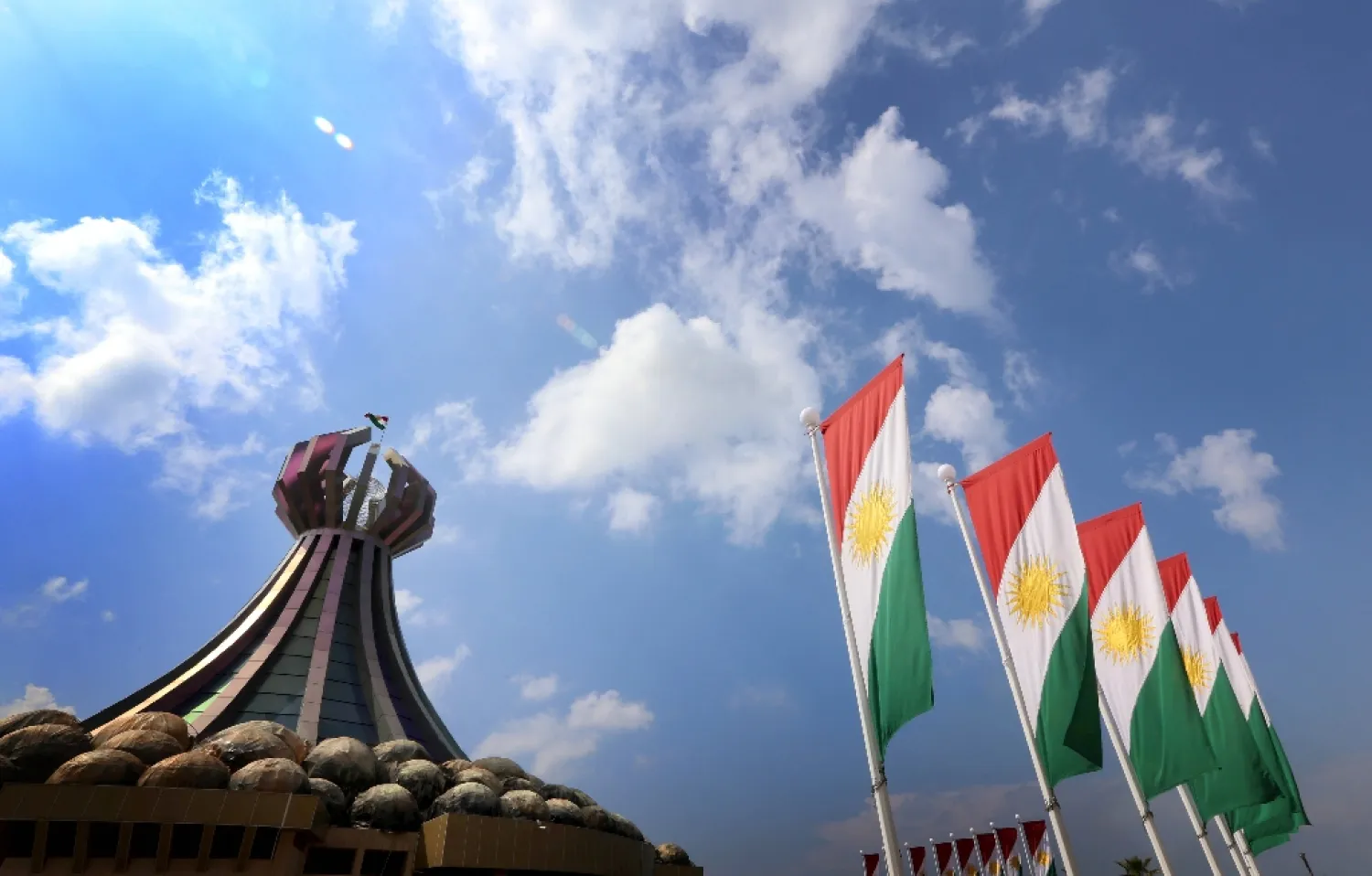The Kurdistan Regional Government (KRG) urged all segments of the region to “unite their rhetoric” as it marked the 33rd anniversary of the 1988 Halabja massacre on Tuesday.
It called on Baghdad to compensate families of the victims and the injured in the chemical weapons attack late Iraqi leader Saddam Hussein had ordered on the Kurdish town of Halabja.
In an official statement, President of the Kurdistan Region Nechirvan Barzani called on all political forces to work more for Halabja and the families of the martyrs and the injured to “meet the sacrifices” made by the region.
He demanded that the federal government “assume its moral and legal duties to compensate the victims.” Barzani urged the international community to work seriously to prevent the production of banned weapons to protect people, the environment and societies.
KRG Prime Minister Masrour Barzani extended his condolences to the families of the victims, saying: “We remember with reverence and glory the martyrs of this major crime committed by the Baath Party with banned weapons.”
Thousands of people were killed and injured in the attack.
Halabja has been recognized as a global symbol for the Kurdish struggle and sacrifices, he said, adding: “We must remember the martyrs and victims of this crime and keep their memory alive.”
The KRG is exerting every effort to ensure the Iraqi government compensates the families of the martyrs and the injured, he stressed, while highlighting the importance of preventing genocide against Kurds and people around the world.
Meanwhile, member of the Health, Environment and Consumer Rights Committee in the Kurdish parliament Galawesh Obeid confirmed that Halabja’s environment is now clean, more than three decades after the attack.
The Committee prepared a study, in coordination with the University of Dohuk Research Center, which concluded that Halabja’s water, air and dust are not toxic.
The study was carried out on the wounded and those born in Halabja after 1988, she explained, adding that samples of agricultural products and soil were taken and examined at the University’s laboratories.
On March 16, 1988, for five hours, Iraq’s air force rained down a deadly cocktail of chemical weapons, including mustard gas, on Halabja in the mountains of northeastern Iraq, according to experts. Around 5,000 Iraqi Kurds, the majority women and children, were killed in the attack.
In January 2010, Saddam's cousin, Ali Hassan al-Majid - a general better known as “Chemical Ali” - was hanged for ordering the attack.









